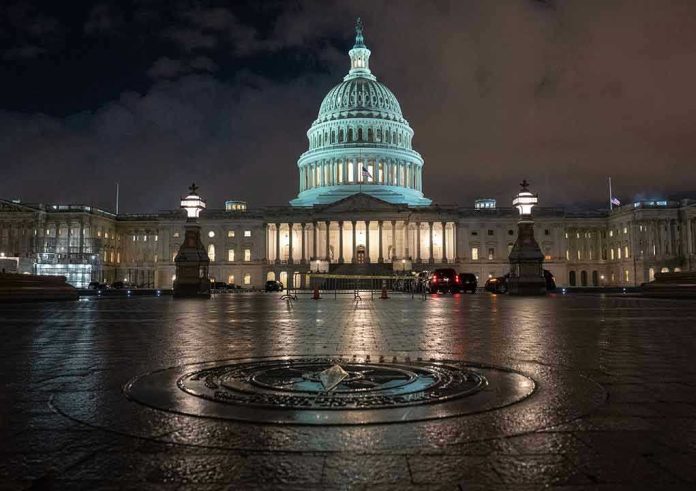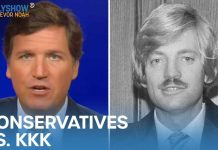
Speaker Johnson’s delay in swearing in Adelita Grijalva has sparked a legal battle, raising questions about constitutional authority and procedural fairness.
Story Highlights
- Arizona AG sues House over delayed swearing-in amid government shutdown.
- Grijalva’s vote is crucial for Epstein files petition.
- House precedent contradicts current delay in swearing-in.
- Debate over constitutional implications of judicial intervention.
Lawsuit Over Swearing-In Delay
Arizona Attorney General Kris Mayes has filed a lawsuit against Speaker Mike Johnson and the House of Representatives for delaying the swearing-in of Democratic Representative-elect Adelita Grijalva. Grijalva, who won a special election on September 23, 2025, to succeed her late father, Raul Grijalva, has not been sworn in despite the House operating under pro forma sessions. The lawsuit underscores a constitutional conflict, as Democrats argue inconsistency in House rules, referencing the swearing-in of two Florida Republicans during a similar session in April 2025.
The timing of this legal move is crucial as Grijalva’s signature is needed for a discharge petition to release files related to Jeffrey Epstein, which requires her vote to reach the necessary threshold. The House has not convened in regular session since September 19, 2025, due to an ongoing government shutdown, with Speaker Johnson citing scheduling conflicts as the reason for the delay.
Constitutional and Political Implications
The lawsuit filed by Mayes seeks a court declaration affirming Grijalva’s eligibility and requests that another official be authorized to administer the oath if Johnson continues to withhold it. This move tests the limits of congressional autonomy versus judicial oversight, traditionally separated by the Speech or Debate Clause. A court ruling in favor of Mayes could set a precedent for judicial intervention in congressional procedures, while a ruling supporting Johnson would reinforce the principle of congressional self-governance.
Arizona’s constituents have been left without full representation, as any legislative actions during this period proceed without their elected representative’s input. This gap highlights the importance of swift swearing-in procedures, especially during special elections, to maintain democratic functionality and constituent engagement.
Reactions and Next Steps
Speaker Johnson has described the delay as a result of scheduling issues, but the Democrats, highlighting the April 2025 precedent, argue that the rules are being applied selectively. This dispute has heightened partisan tensions, with potential ramifications for public trust in procedural fairness and transparency within the government.
The resolution of this lawsuit is awaited eagerly, as it will not only determine Grijalva’s standing but also the fate of the Epstein files discharge petition. Both the procedural fairness in congressional actions and the broader implications for government transparency are at stake. The outcome could influence future legislative operations, particularly in scenarios involving government shutdowns and recesses.
Sources:
Arizona Attorney General Sues House Over Johnson’s Delay in Swearing In Adelita Grijalva
Grijalva Sues Congress As Johnson Delays Her House Swearing-In




